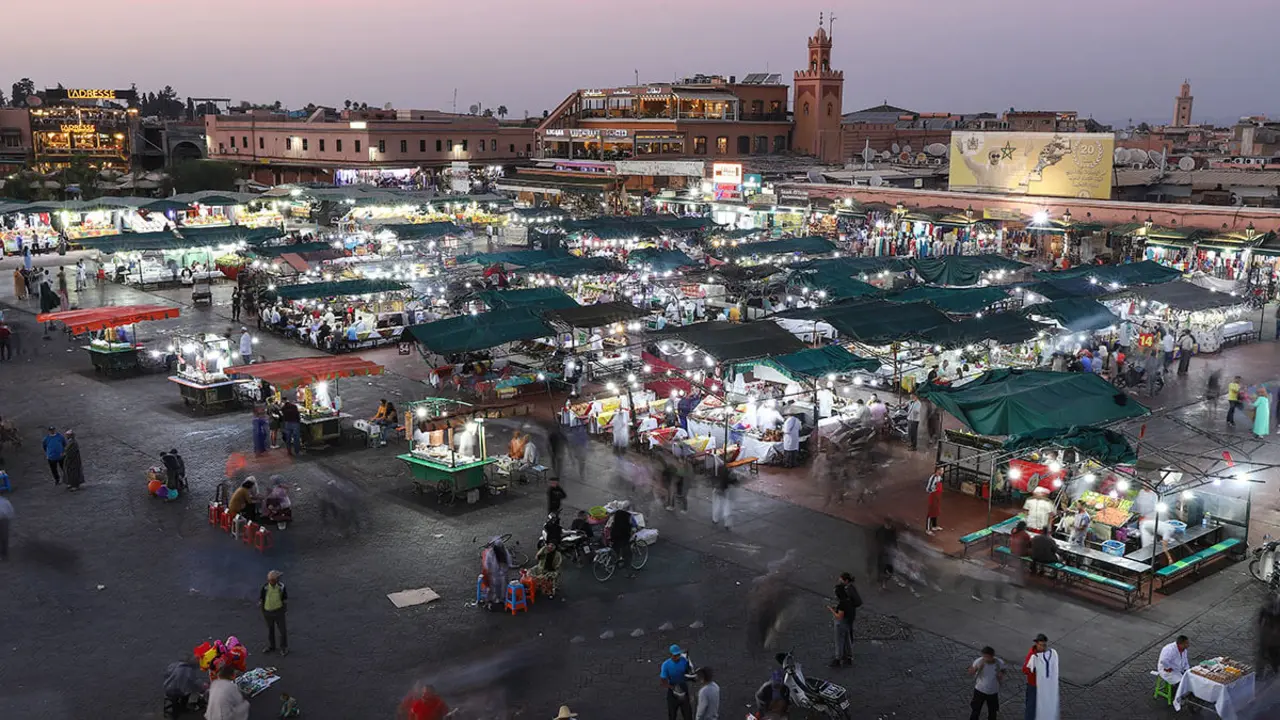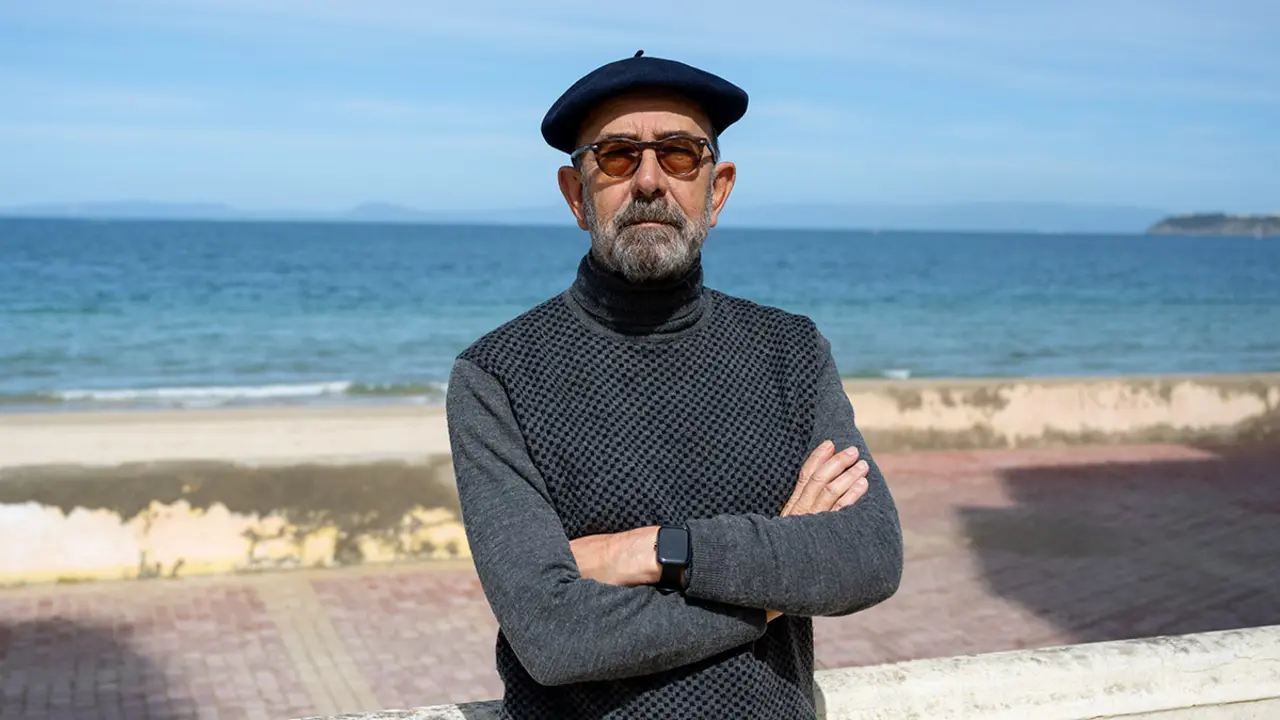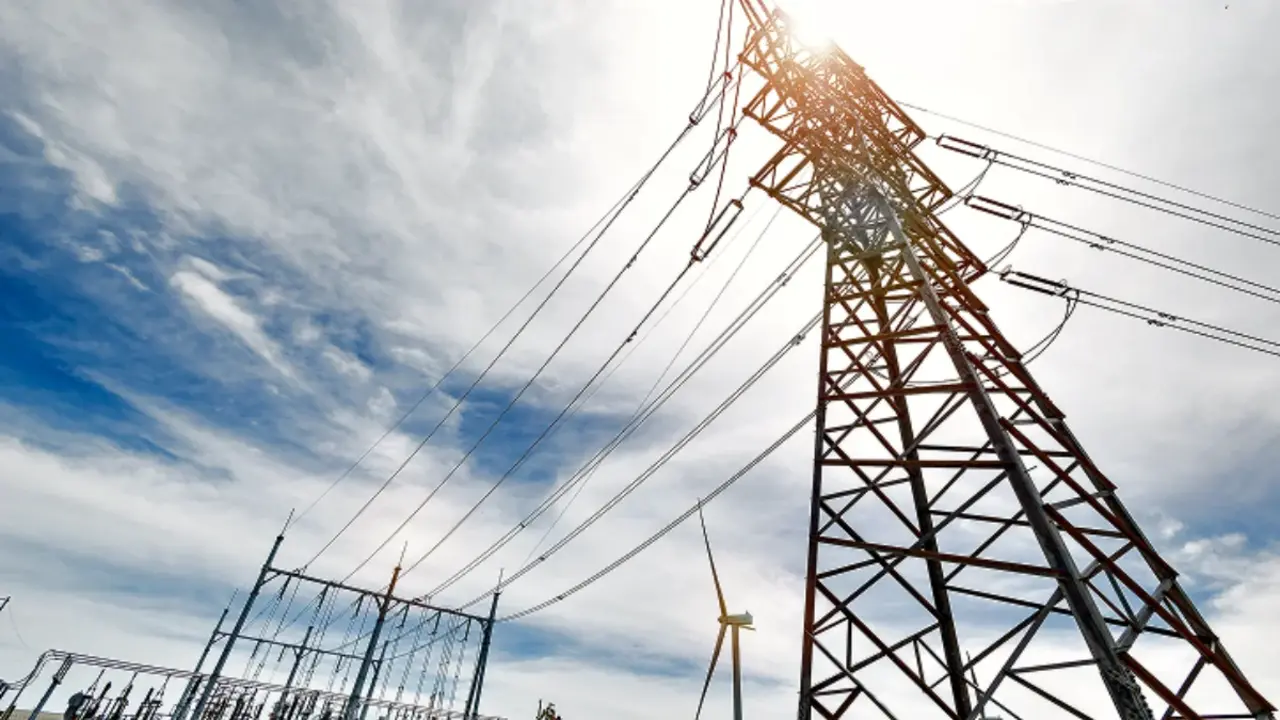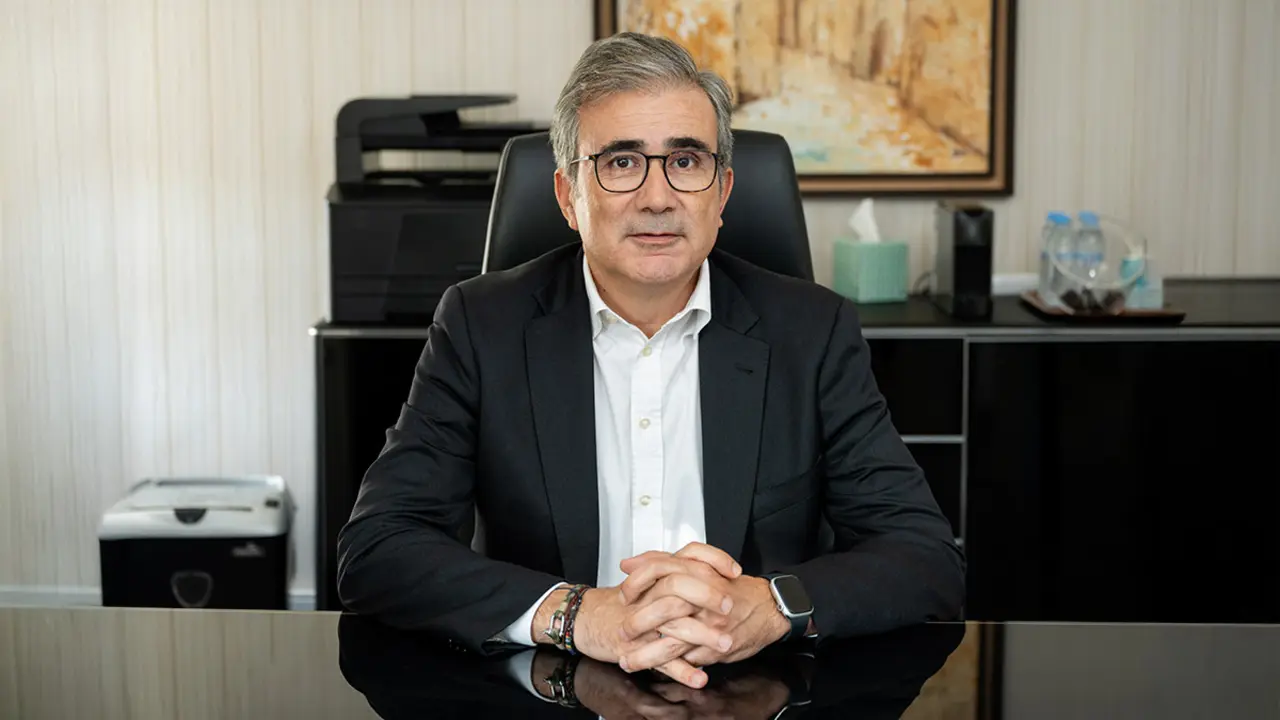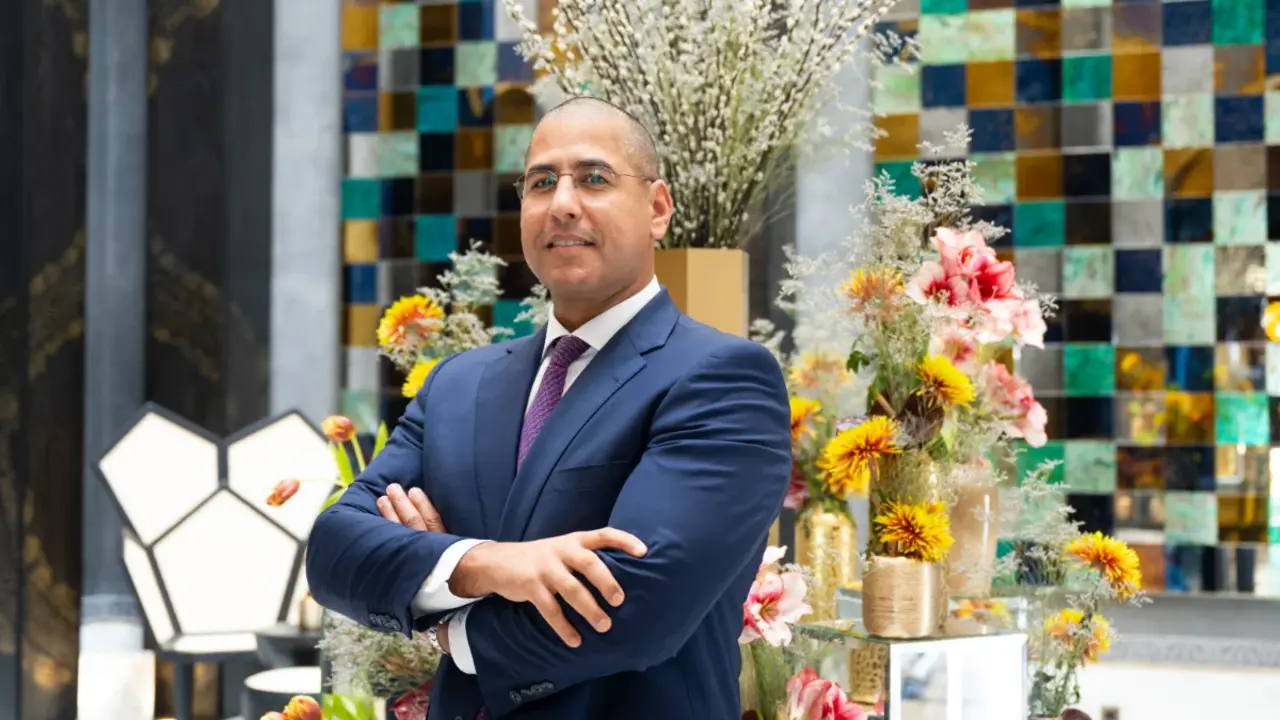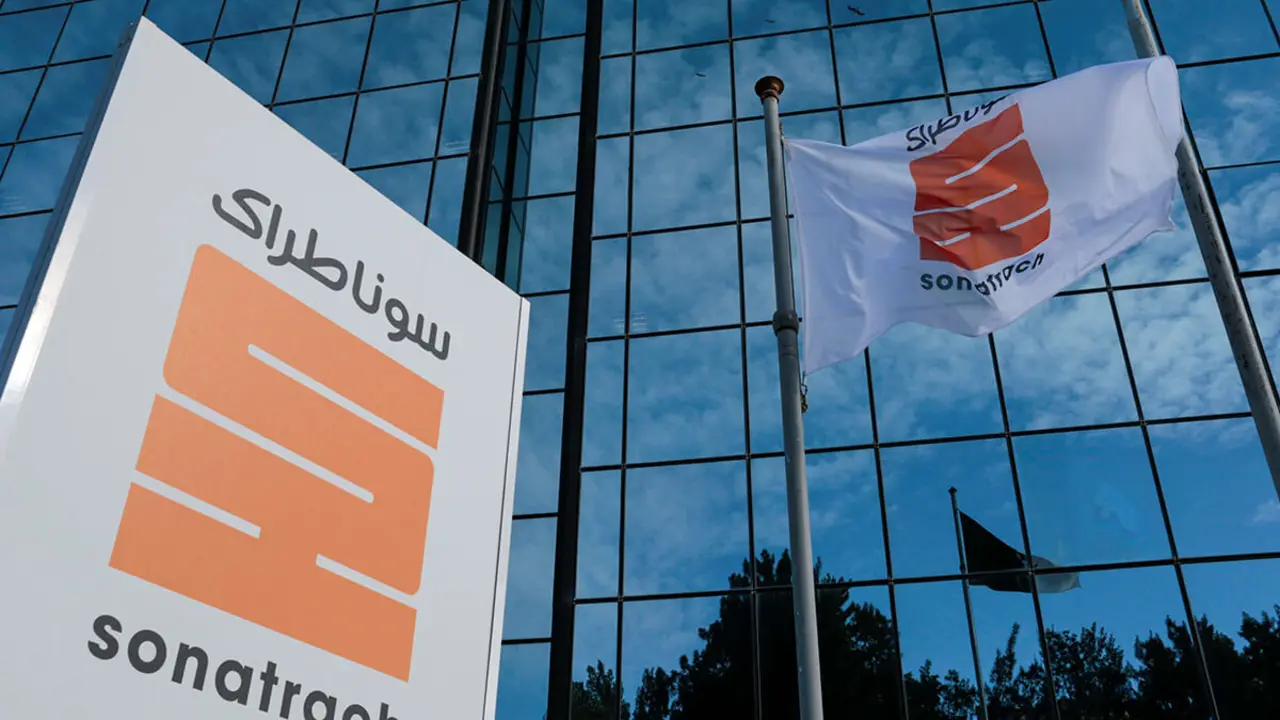Saudi Arabia will stop awarding contracts to companies not based in the Kingdom

Saudi Arabia will stop awarding state contracts to foreign companies based outside the Kingdom, according to the SPA news agency. The decision will take effect from 1 January 2024, and responds to the objective set by Crown Prince Mohammed bin Salman to make Saudi Arabia the financial and tourist centre of reference in the region.
Saudi Arabia is not only trying to encourage companies to locate in the Kingdom, but also agencies, institutions and funds. The objective, according to government sources, is to "create more jobs, limit economic leakage, increase the efficiency of spending and ensure an improvement in the main goods and services procured and developed by state-owned companies".
"It will reflect positively in the form of creating thousands of jobs for citizens, transferring expertise and localising knowledge, as well as contributing to developing local content and attracting more investment to the Kingdom," said Saudi Investment Minister Khalid al-Falih. Although the authorities have detailed that the measure will not affect the ability of any investors to enter the Saudi market or to continue their business with the private sector.
The Kingdom has reached agreements with 24 companies to relocate their regional headquarters to Riyadh in recent months. Brands such as PepsiCo, Deloitte and PwC are at the top of the list, and the Saudi Ministry of Economy and Planning estimates a financial boost of around $17 billion by 2030.
However, the move is part of the strategy of continuing the diversification that Mohammed bin Salman is so ambitious for. The kingdom remains highly dependent on 'black gold', and needs other sources of revenue to develop its economic plans. This is an ultimatum for companies that have agreements with the government: either they relocate their headquarters to the Kingdom or lose their contracts.
Since coming to power in 2017, MBS has been pursuing an ambitious economic transformation for Saudi Arabia. First, with the IPO of the state-owned oil company Saudi Aramco, then with investment opportunities in the Kingdom worth $6 billion over the next decade, then with the launch of a cloud-based data centre by Google Cloud and with the development of Coral Bloom, another tourism megaproject on the Red Sea, and even with a futuristic city in the desert.

This battery of measures is part of the final objective set by the government. On the horizon is the Vision 2030 plan, the ace up the sleeve to fulfil Saudi aspirations. That is, an economic project to find new profitable avenues that can replace or, at the very least, support oil revenues.
The Saudi economy remains dependent on 'black gold'. The Kingdom is home to 17 per cent of the world's reserves and, according to OPEC data, the oil and gas sector accounts for approximately 50 per cent of Saudi GDP and approximately 70 per cent of export revenues. Moreover, its crude exports fell to an all-time low of 4.98 million barrels per day in 2020, setting off alarm bells.
However, the actions taken by the Saudi government are not enough. The COVID-19 crisis and the decline in demand and thus oil prices thwarted its economic ambitions last year. Investment plans have so far failed to attract the necessary investors. Although Saudi Arabia remains the leading economy in the Middle East.
The economic plan has unprecedented consequences. Analysts have interpreted the move as a challenge to Dubai. Saudi Arabia's project challenges the Emirate region, which has established itself as the region's commercial and financial capital.
Dubai's credentials in terms of openness to trade and a swanky lifestyle for foreigners have been a key factor in its growth. Some 90 per cent of the UAE's 10 million people are foreigners. According to the UN trade database, the UAE received 300% more foreign direct investment than Saudi Arabia in 2019.
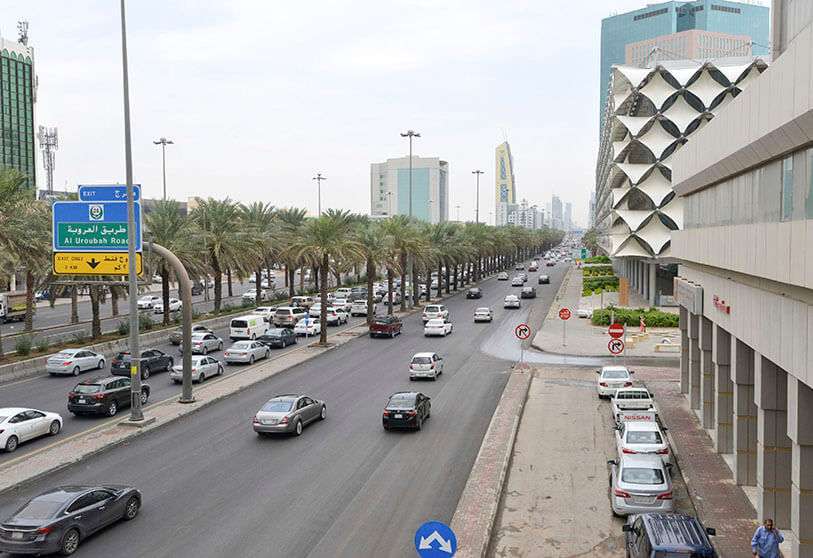
The UAE also ranked 16th in the World Bank's Ease of Doing Business Index in 2020, while Saudi Arabia ranked 63rd. The data therefore shows that the UAE is a more attractive destination for investors, in part, because of its lax political regime compared to Saudi Arabia.
Companies will choose the one that offers the best competitive opportunities, which is why Saudi Arabia is offering zero corporate taxes for 50 years to companies that establish their regional headquarters in Riyadh, an exemption from mandatory contributions for employing Saudis for at least 10 years, and "possible favouritism in tenders and contracts from government entities".
These companies would also get relocation services, faster issuance of licences and more flexible rules on work permits for spouses, according to a report by Invest Saudi, the brand overseen by the Ministry of Investment. This is a series of measures aimed at sprucing up the Saudi regime's international image for investors.
Although Saudi officials have said that Dubai and Riyadh are complementary, however, former Dubai finance director Nasser H. Al-Shaikh expressed disbelief at the Saudi plans: "It contradicts the principle of the unified Gulf market, especially since it is with its huge development plan that it will automatically become a major regional player that attracts businesses and individuals.


